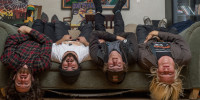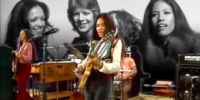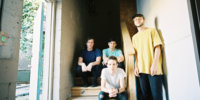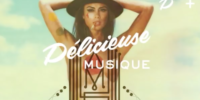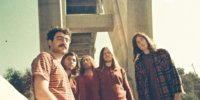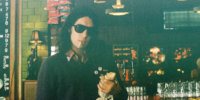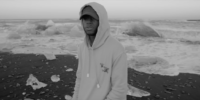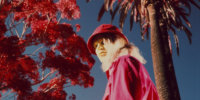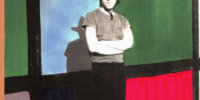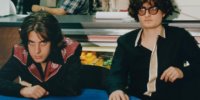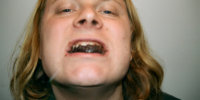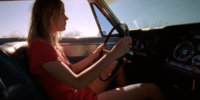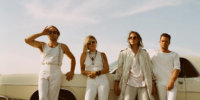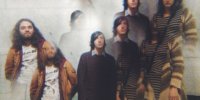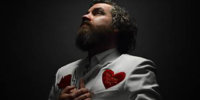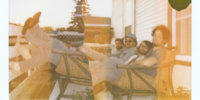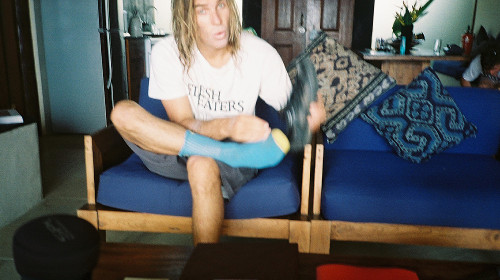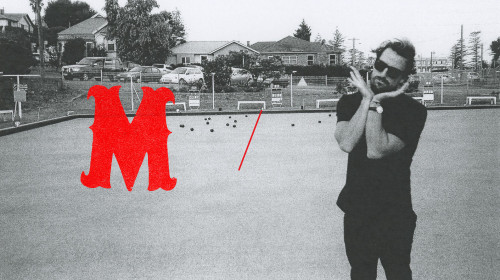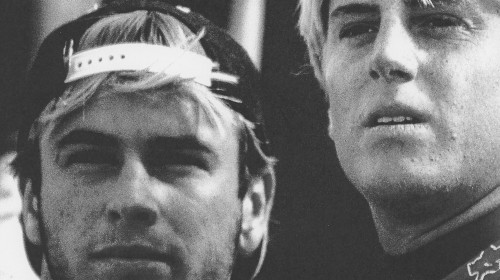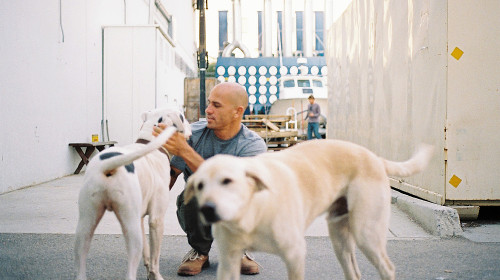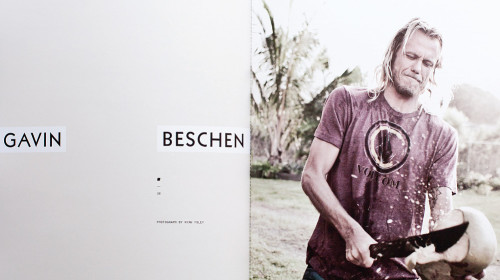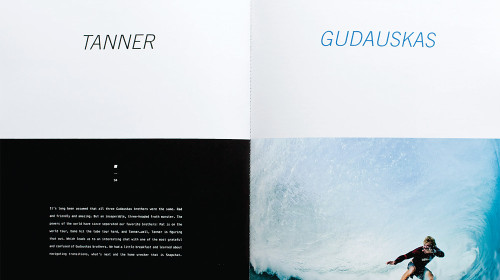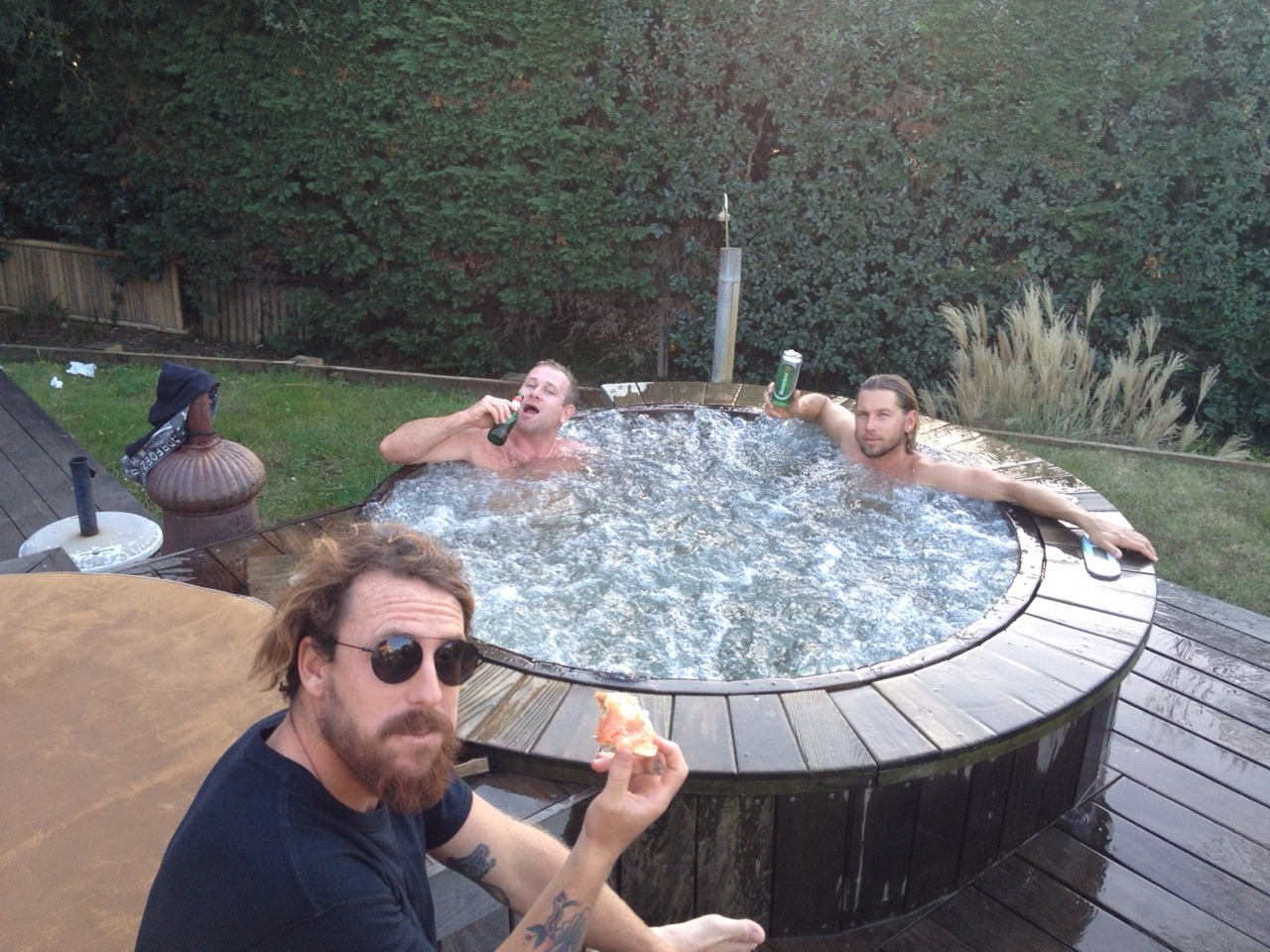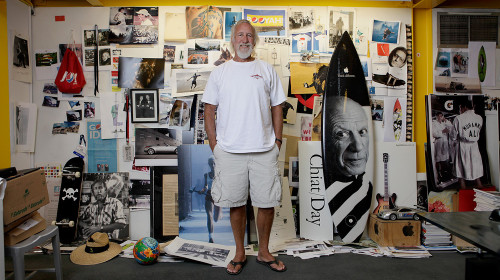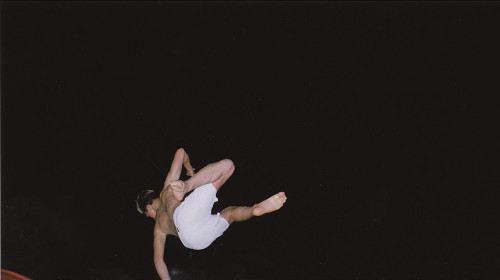Kera Armendariz, the frontman and lead singer of Kera and the Lesbians, is, and ignore my cheesy cliché, in it to win it. “I see myself as a longevity artist,” she says with calm confidence. She’s been writing and playing music since she was young, when she discovered what would become a lifelong love for Elvis. Now, in the peak of her musical maturity, she seems at ease. “There’s nothing more healing than writing a song that you’re stoked about.” The timing is almost perfect. With the bands’ self-titled debut album approaching, I sat down with Kera and talked about her music, overcoming the struggle to self-realization, the awesome band name, and her inherent desire to encourage others, especially through music. “Anything I can do to help young people, let alone women in music, I’m all about.” –Maya Eslami
Catch Kera and the Lesbians’ record release show at Basic Flowers in Downtown Los Angeles on February 29th.
WHAT YOUTH: When did you start playing music?
Kera Armendariz: When I was four, my mom got me this plastic guitar because I was obsessed with Elvis. I took a couple lessons, but mostly I’m self-taught because I got so frustrated with how people taught. It’s hard to find a good teacher that fits. And I started in other projects and picked it up as I went. I got sick of depending on other people and relying on other people so then I started my own project.
What’s your favorite Elvis song?
The song that got me into music was “Good Rockin’ Tonight,” and then the song that I really love now is “I Love You Because” off the Sun Sessions, it’s so great. I love that whole record. I feel that it really reinstilled how much I actually love him.
Tell me about some of the early bands you were in?
My first band was around when I was in eighth grade, called Nancy Drew, an all girl punk band. The guy’s from the Huntingtons named our band so we went with it. After that, I started doing worship team stuff. I taught myself how to do the sound system at church, which was really exciting. I would set up all the mics, and then I’d play with them. I got my first serious band with this band called Birds of Yore. It was really good music, but then they broke up, disbanded. After that I just started writing my own tunes and getting my whole thing going.
How old were you?
Around 20. I played a lot in San Diego, but it wasn’t until I moved to LA that Kera and the Lesbians really took off.
How old are you now?
27. The scary years.
Tell me about the new record. What are you calling it?
Just self-titled. It’s our first one. The next one is gonna be more of a concept album. With this record, I wanted to explain a little bit of myself. I’ve always, ever since a very young age, felt like a person.
Explain what you mean by that.
I can’t pinpoint it, but I don’t feel fully male nor do I feel fully female. I just am what I am. I don’t really feel to one side of the gender scale. It’s kind of right in the middle, sharing both qualities. It’s kind of tricky living in a world that’s so black and white and has to see things that way. So with this record, it was more of a discovery, delving into the person that I am. When I was younger, I definitely questioned, “Was I supposed to be born a boy? Or what was I supposed to be born?” If people see me this way, then what is my gender? And it was one of those things with this album, it gave me this discovery of just being like, “No, you should be okay with just being a person.” I’m just really excited about putting this record out. Finally. I’ve been holding on to it for so long, and I’m ready to let it go and write new stuff.
What are the songs like on the album? Were they pulled from the stuff that’s out already?
No, this is all stuff that we just put out now. Some of it was just, you know– like the first person I fell in love with and not being able to have that as a relationship in my life because it just didn’t work out. The things we desire. Most of the album, though, is really just encouragement from me. Like “Cold Wind Blows” was one that was like, “If you’re upset, don’t get discouraged. Keep focusing.” Just an encouragement to anyone that listens to it. You’re gonna have a lot more no’s come at you than yes’s. And a lot [of the album] is about my mom and my dad and my relationship with them after I came out. It wasn’t good. So not feeling close with my family, and feeling like I died to them in a way, and just writing that down in my room by myself.
As an artist, do you feel lucky that you can express yourself through music?
I don’t know how kids do it if they don’t have a source of creativity.
Did you write songs as a kid?
I did. I would steal Elvis’ songs and then write my own lyrics for them. But I would only showcase these songs at Sunday school. Like before prayer happened, I’d be like, “Hey can I sing a song?” I always wanted to perform and entertain and really be a showoff, I mean let’s be real. I didn’t really write a whole lot until I started playing with that band, Birds of Yore. I had a friend Shem Gott, he was such an encouragement. Singing and writing, he always was like, “That’s great!” He was a really positive influence in my whole writing structure. And I’ve also been really lucky to have parents that introduced me to music, and also play with musicians that are really good song writers. My dad raised me on oldies and soul, so that was a big source of it. I mean I’m a sucker for pop music, anything that catches and I’m singing it in the shower and don’t even realize it– I think that’s great. I like writing something catchy but with my own little twist to it. All of the stuff that I’ve written so far, I’ve written it and produced it. I like the whole process. It’s frustrating at times, but if you can really sit down and learn patience and learn that being frustrated is actually not going to do anything to help, it’s quite a wonderful experience. But I take forever to put out music.
Photo: Mark Escribano
Why is that?
I like to sit on it, and I also see myself as a longevity artist. I mean, even for this next record, the ideas that I’m already thinking of, it’s just constantly evolving. I want to be seen as an evolving artist. Each thing is gonna be a new surprise, but still slightly parallel to what we’ve been doing now. I don’t think it’s good to write under the needs of others; it’s never gonna be as personal to them as it is to you, so might as well make it true to yourself and love it.
Do you feel like when you write a song, you can come out of it and evaluate it?
Oh yeah, absolutely. I know, even when playing with other people. They’d be like, “Hey how about you do this?” And I’m like, “No.” Because that’s expected. I want to take it in a route like the Kinks. Something Else By The Kinks was the one record that I was like – when you listen to the intros you don’t know where it’s gonna go until the song comes in, and then you still don’t know where it’s gonna go. He completely shifts it. You think you do and then you don’t. I don’t know, does that make sense?
Yes, absolutely. And it also makes a lot of sense in regards to you calling your music “bipolar folk.”
Yeah! It’s just a shift. There’s times when I feel manic, like in my motives, and it sometimes comes across in my writing. I’ll be completely calm for one thing, and then all of a sudden I’ll just have a weird day and I just need to have that release and it fits with the song. But it is definitely something that’s charged, and I like the dynamics in the music. I guess I was just like, why not think of your own genre. I wanted to think of my own genre. And I definitely think that our music is manic at times, which I like, but it doesn’t mean that like– with “Just Breathe,” that’s a very soft song. It doesn’t always need to be “ahhhhhh”. And as I’m getting older, too, some of me is mellowing. I’m working on it. Music was the one way that would make it better.
Tell me about the name “Kera and the Lesbians”? Who came up with that?
My old drummer Luke Davidson, and it kinda stuck because it was mostly guys [in the band]. And I was like, “You know, that’s kind of ironic. I like that.” I mean, what is a lesbian? When people see the name, they think we’re an all girl band. It’s not an all girl band. But now, it could have women in there, and you can see it as just a person. Maybe we’re all lesbians! And I also like when people say, “I wouldn’t have checked out your band because I thought you were all girls.” Like, well, you’re an idiot. I’m not changing the name of my band to appease anyone. There’s some people that have hesitations or their homophobic or their uncertain or unsure of what we’re doing. I’m gonna be here, playing music, and I’m gonna stand by that name.
Have you experienced any homophobia when people hear the name?
We did a West Coast tour, Colorado, Boise. It was really interesting passing by there and hitting some of the cities, people would be like, “Oh you’re in a band? What’s your band called?” And in Wyoming, we were like, “uhhh Kera and the Lesbians…” And then it was just really awkward silence. But we stopped somewhere to grab beers, and told these lovely ladies [our band name] and their reaction was just the best, like, “I love that name!” They were so excited. I was more nervous about that area because we went to this one shop, and they were, I mean look at me. And Michael [Delaney], he’s black. Two minorities coming at them. it was very interesting to say the least. He wanted us out of the shop. It was crazy.
Who’s all in the band?
It’s just me and Michael. And then we have sessions players. I really want to formulate a more solid lineup. We have two different bass players, and it’s really hard to check in and be like, “Okay what do you know again? Well this is new now.” Jeremy Montes plays guitar– he’s awesome. So now we’re just looking for a bass player. Michael plays drums. We’re just looking to build the band more. It’s been cool with these past few months having special guests kinda sub in. I like how big the band’s starting to sound, and more showcasey. Like a David Byrne vibe to it.
So what’s the future like for Kera and the Lesbians?
We’re getting our recording studio setup. I have a really nice little Tascam that I want to start recording my own stuff on. And then taking some time to record the next record. I already have a good portion of the songs, but getting our lineup, getting people I want to play with. I really think we need to be touring. Putting out the record, putting it out there, saying goodbye to it and releasing it out to the world. And playing newer music and gaining that confidence. And I’m interested in going abroad and teaching people, to see what other services I can do to help. That’s ultimately why I started getting into music, to help others, to not only help myself but to help others out there. It’s amazing to hear from people, like, “Your music healed me.” That’s so unexpected. I just know that I beam when I get to help people.
Have you always loved helping people?
I have. I feel like when I extend my services though, it’s not always reciprocated, when I just wanna help.
How so, what do you mean?
I don’t think some people are as open to it as I’d hope they would be. I’m Puerto Rican too, so when you come to my house, or if you go to my family’s house, it’s like, “What can I do for you to make your experience the best?” Maybe that’s not a good way to live…
That’s definitely a good way to live.
It’s tricky sometimes, but not discouraging in the least. I will persevere.

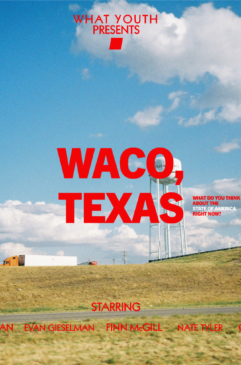
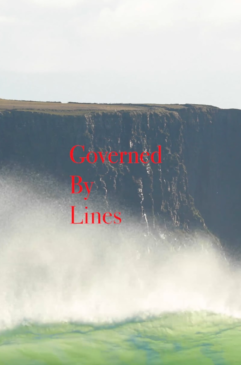
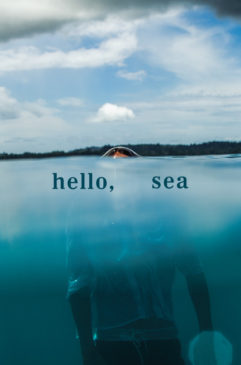
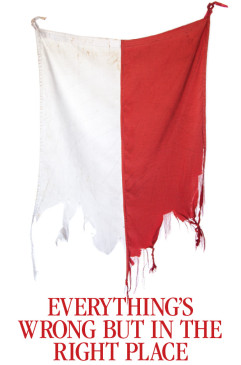

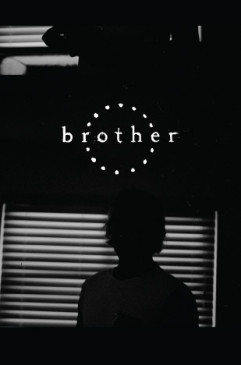
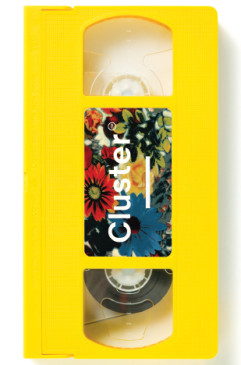
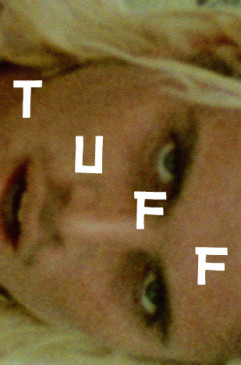
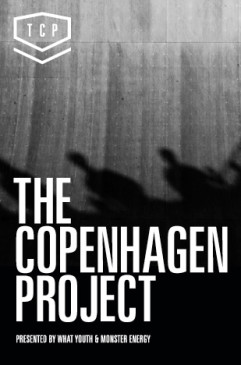
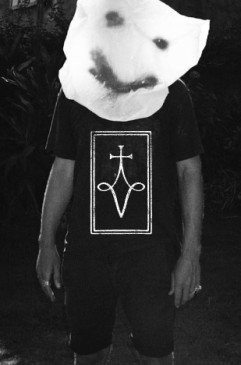
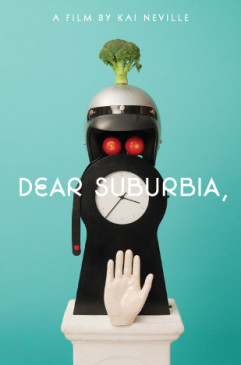
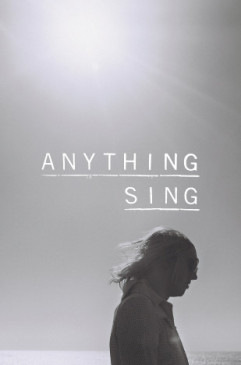


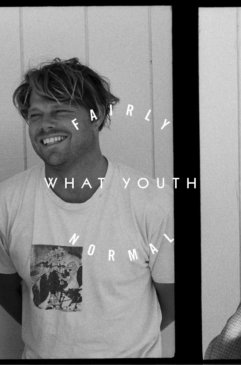
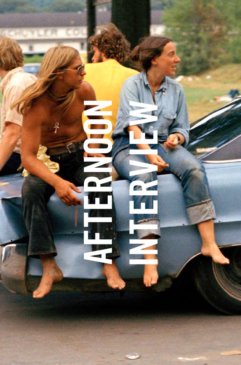
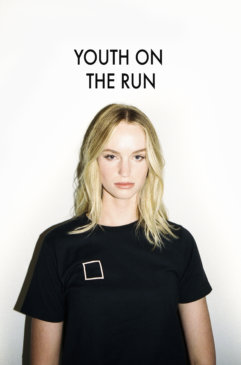
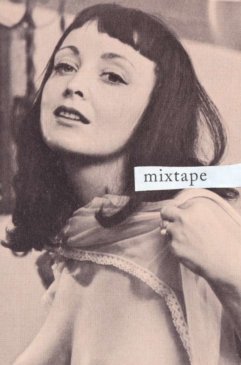
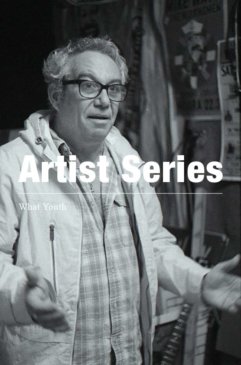
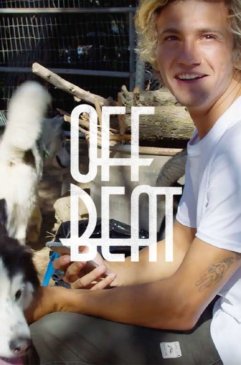
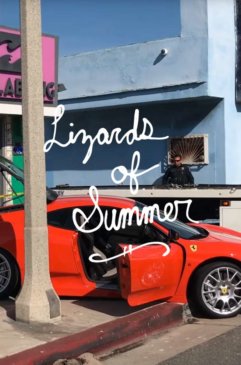
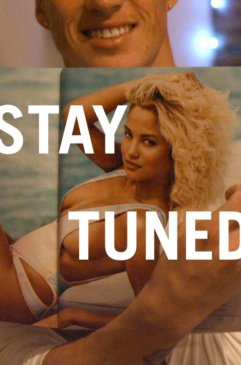
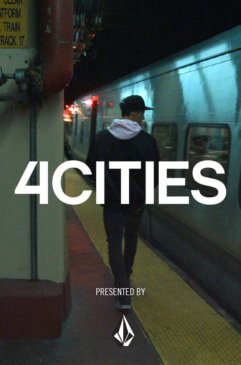
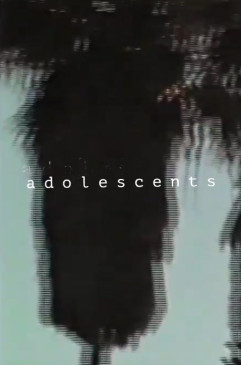
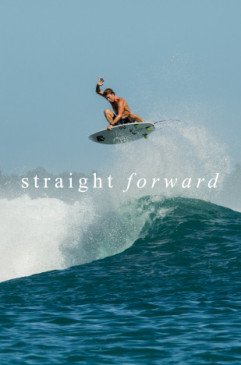
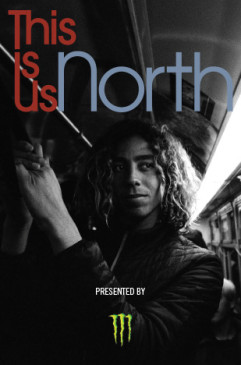
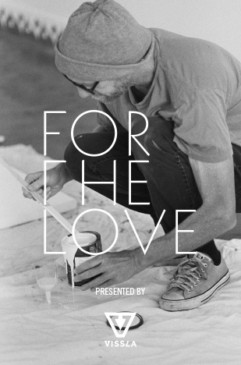
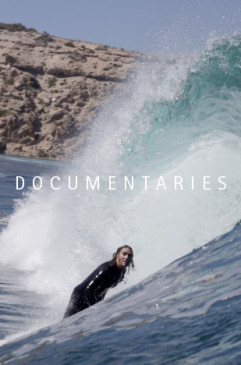
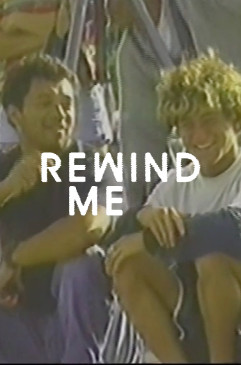
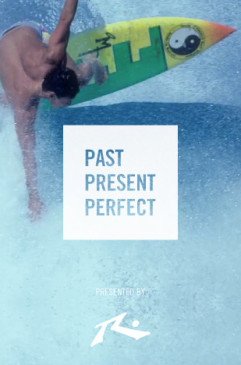
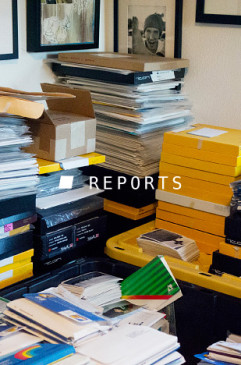
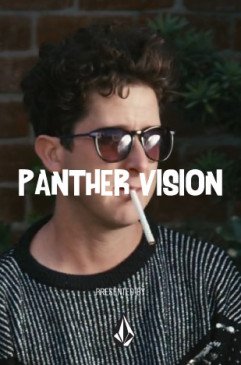
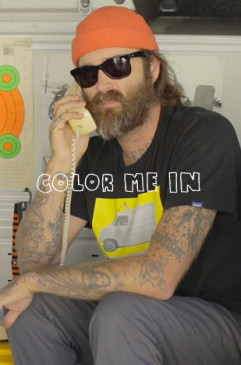
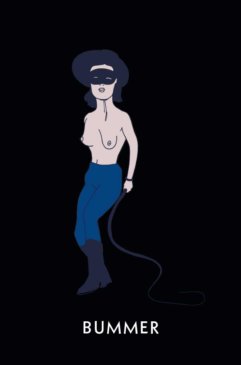
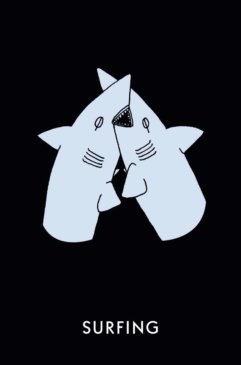
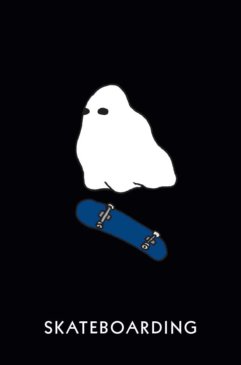
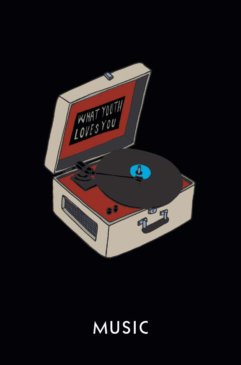
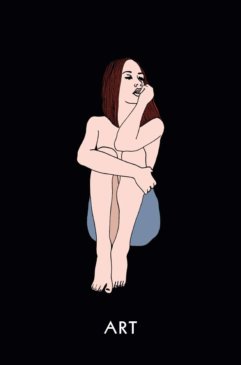
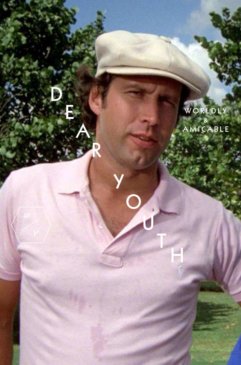
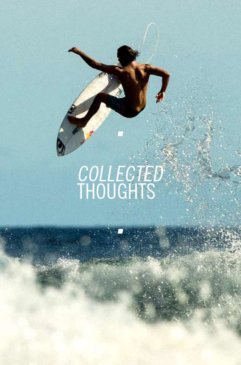


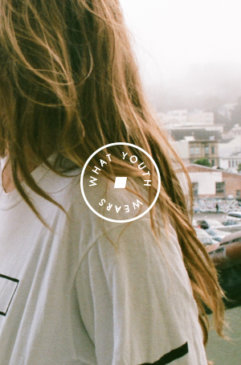

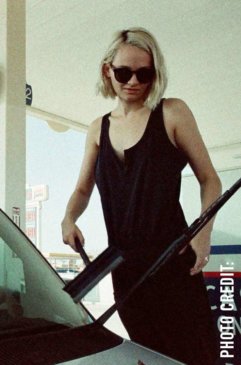


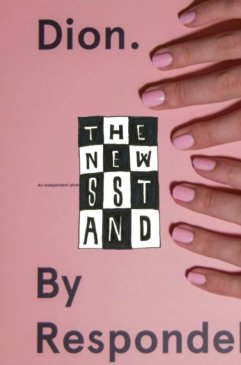
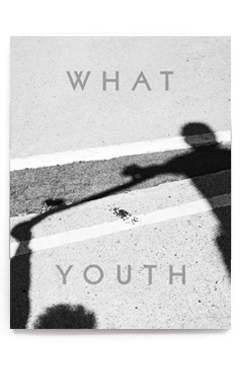
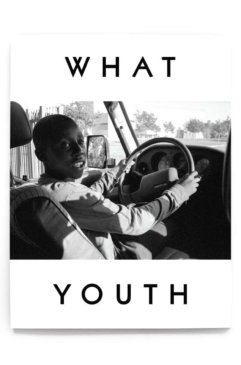
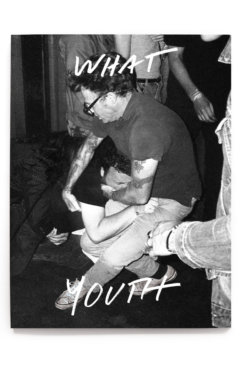
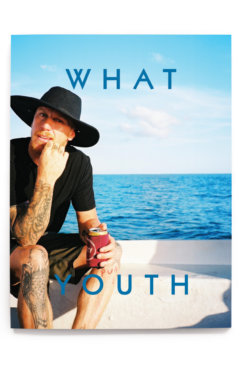
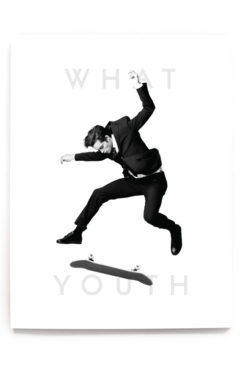
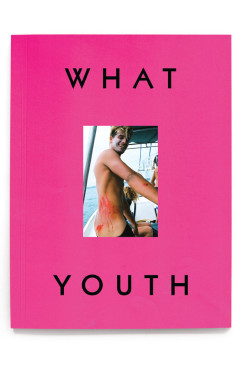
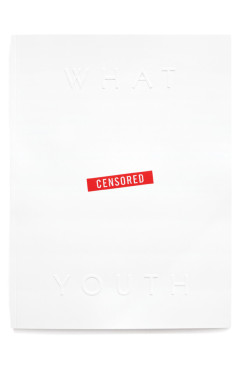
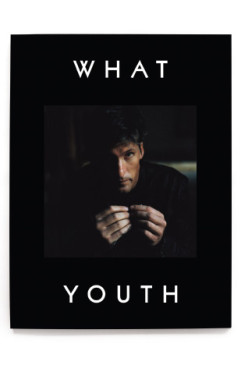
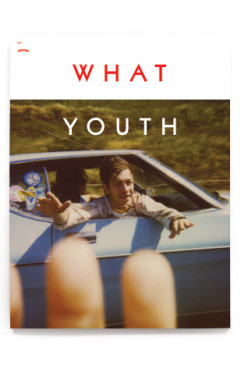
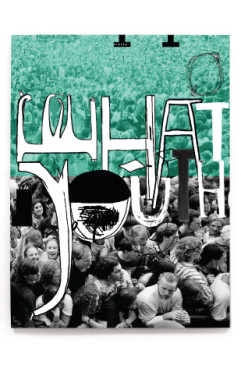
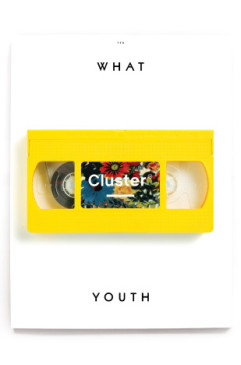
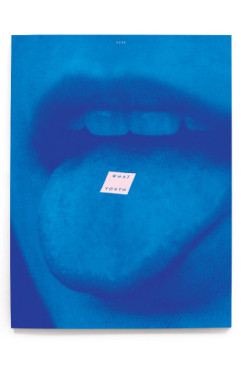
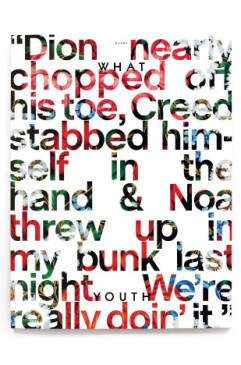
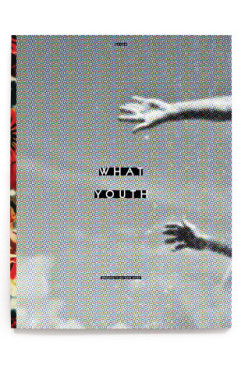
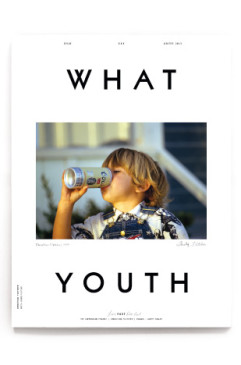
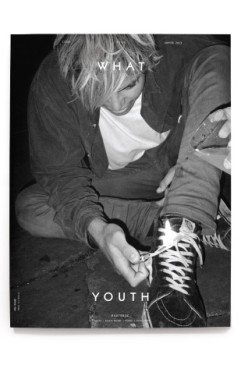
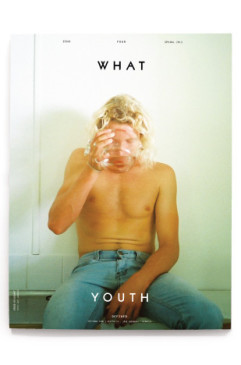
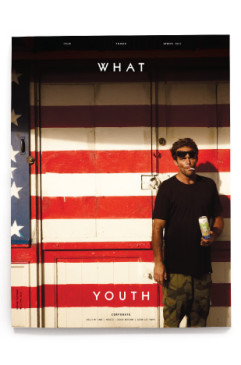
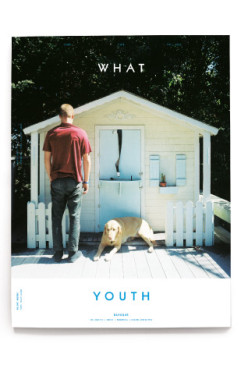
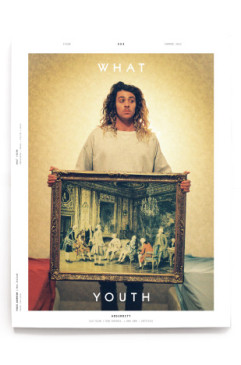
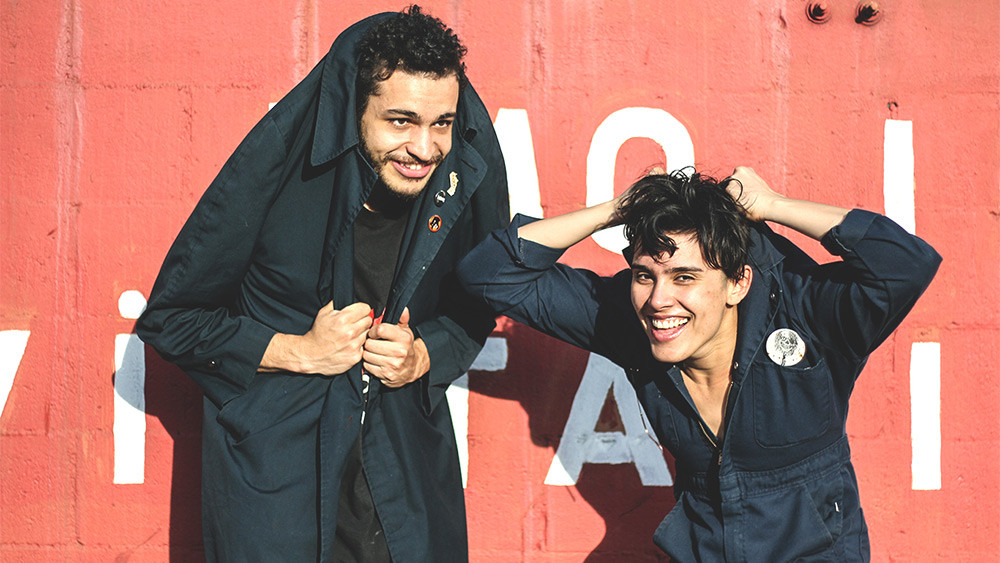
 NXT
NXT 

